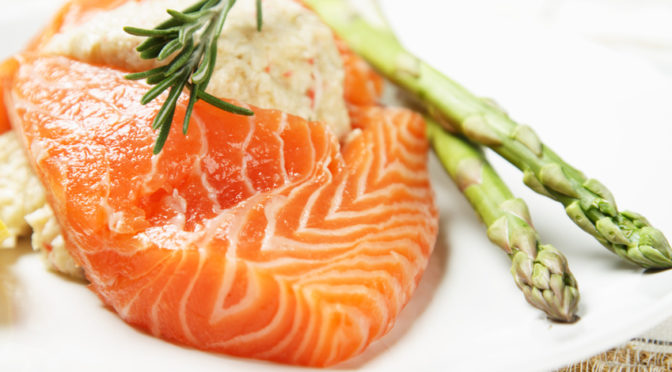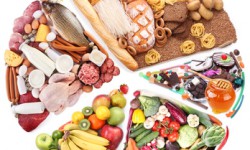In recent years, Keto, Paleo and other high-protein diets have been grabbing all the headlines. Despite their popularity for weight loss, a low-protein diet may be more valuable in preventing tumors, according to cancer immunotherapy studies.
Protein and the Immune System
Yes-associated protein, referred to as YAP, is found in the population of T-cells, which are the warriors of the immune system. A team of scientists conducted research to explore the effects of YAP in the immune system’s response to cancer.
Studies were done using a group of mice that were genetically engineered to have low YAP in many of the T-cell populations. In particular, research focused on the relationship between YAP and Tregs, a regulatory T-cell that’s instrumental in preventing autoimmune diseases but interferes with cancer immunotherapy.
Results indicated that YAP activity suppresses T-cell function. When YAP levels are reduced or eliminated, it serves to stimulate T-cell function, allowing them to infiltrate solid tumors and block additional tumor growth.
Since Tregs inhibit the effects of immunotherapy, targeting YAP activity toward Tregs can be a positive use. The study, which was published in Journal of Cancer Discovery, offers promising implications for new methods to improve patient responses to immunotherapy.
Potential Benefits of Low-Protein Diets
In addition to possible applications in cancer treatment, low-protein diets have been used to improve other health conditions.
- High levels of protein put stress on the liver and kidneys, so a low-protein diet can aid people suffering from diseases of these organs.
- Lower levels of protein may also reduce the risk of diabetes and heart disease.
- A low-protein diet can prevent build-up of urea, which is waste filtered by the kidneys.
Issels®: Leaders in Cancer Immunotherapy
Our personalized, non-toxic immunotherapy programs have given new hope to many patients. Contact us to learn more.



